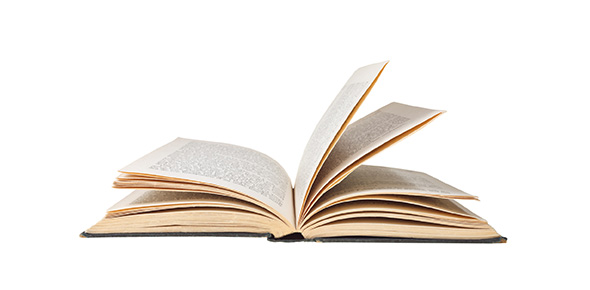Related Flashcards
Cards In This Set
| Front | Back |
|
James Hargreaves
|
Invented Spinning Jenny which was simple and inexpensive. Several spindles spun fine thread. Woman moved the carriage back and forth with one hand and turned a wheel to supply power with another.
|
|
Richard Arkwright
|
Invented Water Frame. Had the capacity od several hundred spindles so required much more power-waterpower (specialized mills. Spun coarse, strong thread.
|
|
Thomas Savery and Thomas Newcomen
|
Invented steam engine which burned coal to produce steam which was then used to operate a pump. Initially was inefficent but sucessful. Later became more effiecient.
|
|
James Watt (1726-1819)
|
Young Scot who discovered that Newcomen's steam engine was a waste of energy which could be reduced by adding a seperate condenser. Patented in 1796, it greatly increased the effieciency of the steam engine. Watt used skilled workers, precision parts, capital, and the advanced British economy to regulate his complex machine. By the 1780s the steam engine had become a practical and commercial sucess in Britain.
|
|
Henry Cort
|
Invented the puddling furnace, which allowed pig iron to be refined with coke. Also invented the steam-powered rolling mills which allowed for the shaping of iron.
|
|
George Stephenson
|
Invented the first sucessful steam-powered locomotive which ran on rails. His rocket sped down the Liverpool to Manchester railstation at 16mph.
|
|
Thomas Malthus (1766-1834)
|
Essay on the Principle of Population (1798)- population would lawys tend to grow faster than the food supply. The only hope of warding off such "positice checks" to population growth as war, famine, and diseas was "prudential restraint". Young men and women had to limit growth of the population by marrying late and letting the old and sick die.
|
|
David Ricardo (1772-1823)
|
Iron Law of Wages-becasue of the pressure of population growth, wages would always sink to subsistence level. That is, wages should just be high enough to keep workers from starving.
|
|
William Cockerill and John Cockerhil
|
John converted a palace into an industrial empire, which produced machinery, steam engines, and then railway locomotives. He also established modern ironworks and coal mines. Cockerill's plants became an industrial nerve center, continaully gathering new information and transmitting it across Europe. Many skilled British workers came illeally ro work for Cockerill, and some went on to found their own companies througout Europe.
|
|
Fritz Harkort
|
A business pioneer in the machinery industry who felt a religious calling to build steam engines and become the "Watt of Germany".
|
|
Fredrich List
|
Reflects government's greater role in industrialization in continental Europe. Considered the frowth of modern industry of the upmost importance because manufactuarying was a primary means of increasing people's well being and relieving their povery. Dedicated nationalist. National System of Political Economy (1841) to promot industry was to defend the nation. Supported the formation of a customs union, or Zollverein (no domestic tarrifs-economic unity) among the seperate German states. List wanted a high protective tariff which would encourage infant industries. List denounced the british doctrine of free trade.
|
|
Credit Mobilier
|
Founded bt Issac and Emilie Pereire. advertised extensively. Most famous corporate bank. It used the savings of thousands of small inverstors as well as the resources of big ones to build railroads all over France and Europe.
|
|
William Blake
|
Called the early factories "satanic mills" and protested the hard lie of the London poor.
|
|
William Wordsworth
|
Lamented the destruction of the rural way of life and the pollution of the land and water.
|
|
Fredrich Engels (1820-1895)
|
Future revolutinoary and colleague of Karl Marx. The condition of The Working Class in England (1844)-condemned the iddle class with mass murder, robbery, and other crimes. The new poverty of industrial workers was worse than the old povert of cottage workers and agricultural laborers.
|








